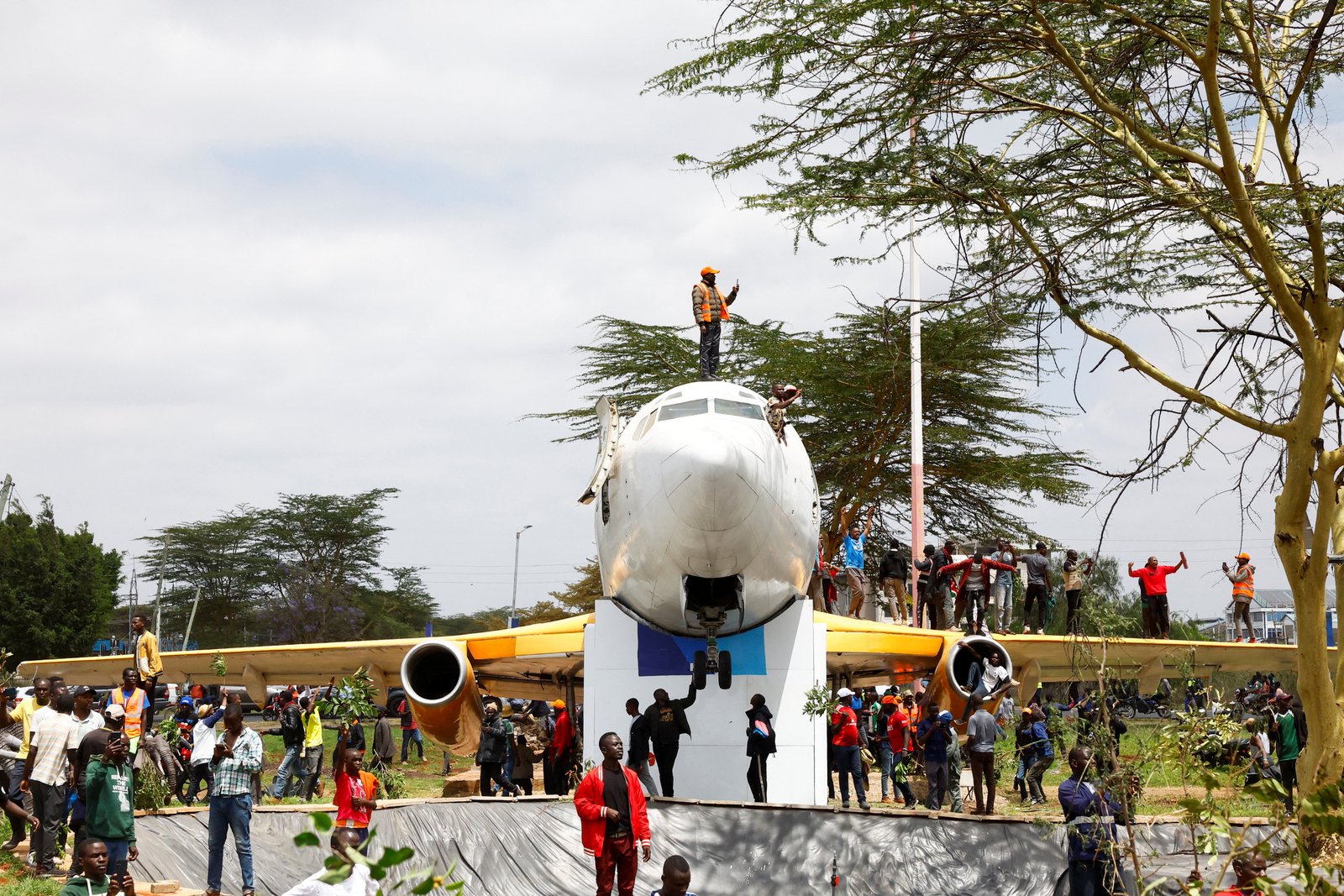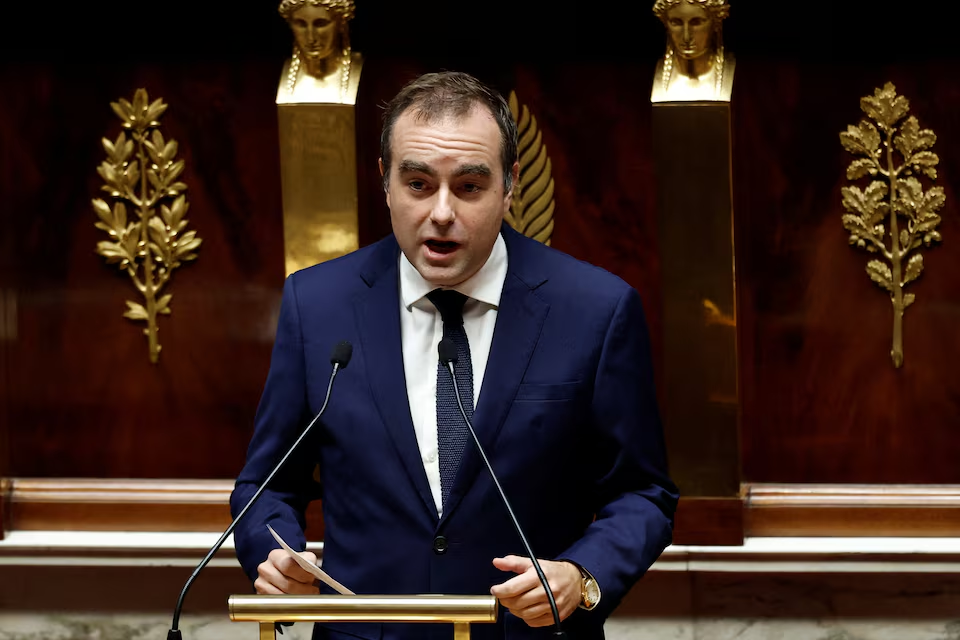Portugal Holds Third Parliamentary Election in Three Years Amid Political Uncertainty
Portugal held its third parliamentary election in three years on Sunday, but political analysts and citizens alike fear that the vote may once again fail to produce a stable government.
Portugal Holds Third Parliamentary Election in Three Years Amid Political Uncertainty
Portugal Holds Third Parliamentary Election in Three Years Amid Political Uncertainty
[Lisbon, May 18, 2025] —Portugal held its third parliamentary election in three years on Sunday, but political analysts and citizens alike fear that the vote may once again fail to produce a stable government.
The election was triggered just a year into the minority center-right government led by Prime Minister Luís Montenegro, who called for a confidence vote in parliament — and lost. Although opposition parties raised concerns over financial dealings involving Montenegro’s family consultancy firm, he has denied all allegations.
Voting took place from 8:00 a.m. to 7:00 p.m. local time, with exit polls scheduled for release after 8:00 p.m.
Over the past decade, most governments in Portugal have either been weak or in the minority. Even the one government that won a majority was unable to complete its full term.
Polls indicate that Montenegro’s Democratic Alliance (AD) is likely to win the most votes and secure slightly more seats than it did in the previous election in March 2024. However, it is still expected to fall short of a majority.
“Elections every year are not right,” said 26-year-old bank employee Diogo Lima. “Even if AD doesn’t get a majority, they should be given a chance to form a government.”
After casting his vote, Prime Minister Montenegro told reporters, “I’m confident this time there will be a stable solution. But that depends on the will of the people.”
However, researcher António Costa Pinto warned that the new parliament may be just as fragmented as before, and the government’s longevity will depend on the international context and AD’s ability to reach agreements with other parties.
A key question now is whether AD will again form a minority government or attempt a coalition with the Liberal Initiative (IL). Even so, a coalition between these two parties is unlikely to reach the 116-seat majority threshold.
Meanwhile, the far-right Chega party is projected to come in third with around 18% of the vote. However, the recent illness and two hospitalizations of its leader, André Ventura, could influence the election results.
Voter turnout in Portugal is typically low, and analysts fear it may be even lower this time due to election fatigue.
Continued political instability could delay major initiatives, including lithium mining in the north and the privatization of state-owned airline TAP.










